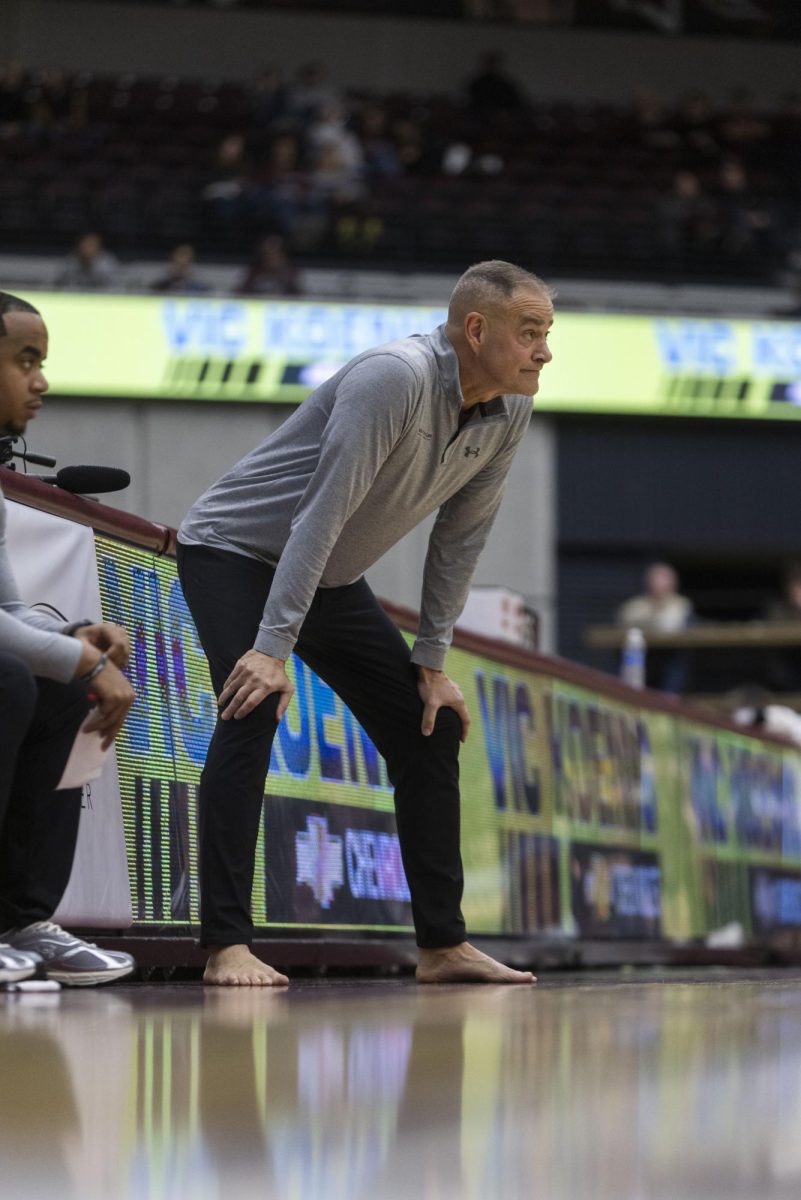Students speak about LGBTQ identities
October 26, 2015
LGBTQ history month began in 1995 to celebrate lesbian, gay, bisexual and transgender history and has since expanded to include other identities, according to the Library of Congress.
The Center for Inclusive Excellence and LGBTQ Resource Center are using the month to educate students through a variety of events on campus. Queer Mentors, a Center for Inclusive Excellence program, will host “Local and Global Perspectives on LGBTQ Identities,” on Thursday from 6–7:30 p.m. in the Sangamon Room of the Student Center.
Les Delgado, a sophomore from Elgin studying communication studies, works for the LGBTQ Resource Center and helped plan the event through her involvement in Queer Mentors.
Advertisement
“Many people don’t know the history of where these terms originated or how they’ve changed over time or what’s proper,” Delgado said.
She said it needs to be talked about.
Mercedes Newman, a senior from Barrington studying advertising, said she is often asked why she is gay.
“I guess I look straight. When I say my girlfriend, [people say], ‘Why do you like women,'” she said.
Jhabri Hughes, a senior from Chicago studying audio production, said sexuality is complicated.
“It’s nothing definitive, it’s abstract, it’s everywhere, like a Picasso painting,” said Hughes, who is dating Newman.
Gary Kulik, a senior from Highland Park studying hospitality tourism and administration, said sexuality is not something you can change, it’s something you are born with. Kulik came out when he was 15, but said he could have come out sooner.
Advertisement*
“I was so used to hearing gay in a derogatory way that I wasn’t actually sure exactly what it meant,” Kulik said. “No matter where you go, there are always going to be people that have something mean to say. At SIU, there’s an environment; there’s a safe space.”
Kulik said he tries not to get too offended by sexual jargon. However, he remembers a stranger yelling “fag” at him from his dorm room, and said people should be told when they are using offensive or derogatory words.
“For some people, it just slips off the tip of their tongue,” Kulik said. “Some people don’t know they’re being offensive.”
Kulik said he would like to see a difference in people’s understanding.
“Sometimes people go their whole entire life living in denial of who they are,” Kulik said. “You can either hide it or embrace it and I have chosen to embrace it … to the max.”
On June 26, homosexual marriage became legal across the U.S.
“We arrived at the landmark of marriage equality and a lot of people were sort of like well, our job here is done, but it isn’t,” said Arthur Scoleri, a senior from Calunet City studying music performance.
Scoleri said he does not have many issues talking about being transgender on campus.
“I would love to be fairly open about it, but there’s still people in the U.S and really in the whole world, where people’s professional perception of you can change wildly,” Scoleri said. “If you don’t understand the nature of someone’s identity or if someone’s sexuality or gender is new or unfamiliar to you, the last thing you should do is freak out. Even if you don’t necessarily agree with the way that they’re living their life, it’s worth it to get to know those people. If you’re curious, it never really hurts to ask.”
Kulik said people are often confused about sexuality when it includes ideas they have not been exposed to before.
“Some people have their mind stuck in a place and it’s just never going to leave. Their mind is just stuck in a place where they will never be able to grasp the concept of LGBT or homosexuality. You know what, that’s okay because everyone has a right to their own opinion. All I ask is for them to treat me with respect,” Kulik said. “One of my biggest philosophies in life is that love will always prevail. Love will always win.”
Anna Spoerre can be reached at [email protected] or @ASpoerre_DE
Advertisement








